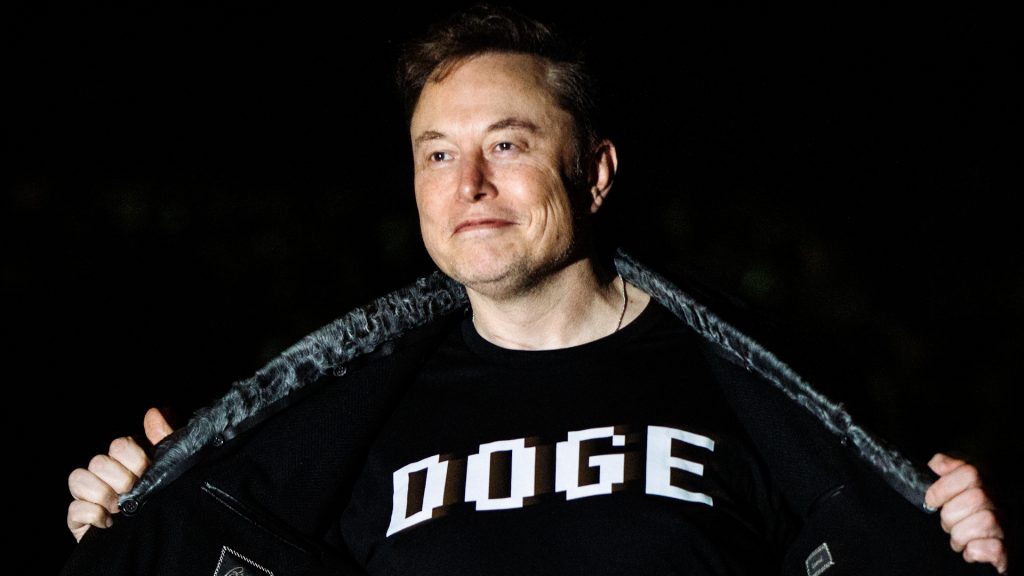Musk steps down from government efficiency role

Elon Musk has officially ended his role in the Trump administration, stepping down on Wednesday, May 27, as head of the Department of Government Efficiency (DOGE). Sweeping budget cuts, legal battles and increasing friction with the White House marked his five-month stint.
Musk confirmed his exit in a post on X, writing, “As my scheduled time as a Special Government Employee comes to an end, I would like to thank President @realDonaldTrump for the opportunity to reduce wasteful spending.” He added that DOGE’s mission “will only strengthen over time as it becomes a way of life throughout the government.”
Why did Musk leave the government?
Musk’s role as a special government employee legally limited him to 130 days of service per year. But his departure also followed public criticism of President Donald Trump’s “One Big Beautiful Bill,” a tax and spending package Musk told CBS News “undermines the work that the DOGE team is doing” and would increase the federal deficit. He added, “I think a bill can be big or it can be beautiful, but I don’t know if it can be both. My personal opinion.”
The split marked a sharp turn from just months ago, when Musk reportedly pledged up to $1 billion to political groups aligned with Trump. The promise, though never formally announced by either party, had field speculation that Musk was positioning himself as a kingmaker in Republican politics.
Privately, Musk had grown frustrated with Washington’s entrenched bureaucracy and the difficulty of executing reforms. He told the Washington Post, “The federal bureaucracy situation is much worse than I realized. I thought there were problems, but it sure is an uphill battle trying to improve things in D.C., to say the least.”
Unbiased. Straight Facts.TM
DOGE aimed to slash $2 trillion from the budget, but lawsuits, blocked terminations and inflated savings figures drew legal and political backlash.
What was DOGE and what impact did it have?
Trump create DOGE to identify and eliminate government waste. Initially tasked with cutting $2 trillion from the federal budget, the team later revised that target to $150 billion. Musk’s team claimed to eliminate thousands of jobs and cancel over 1,000 contracts, though independent reviews found many of the contracts had already been completed or paid out.
DOGE’s aggressive cuts caused turmoil across agencies, drawing lawsuits from federal unions and states over alleged transparency violations and Musk’s lack of Senate confirmation. Some federal judges blocked mass terminations, ordering the reinstatement of workers in critical sectors such as nuclear security.
What comes next for Musk and DOGE?
Though Musk is stepping away from formal politics, several of his appointees remain embedded in government roles. He has indicated he will now devote more time to Tesla and SpaceX, saying on X that he is “back to spending 24/7 at work.” Tesla and SpaceX both faced setbacks during Musk’s time in Washington, including a sharp drop in sales and a failed Starship test launch.
Trump has not publicly commented on Musk’s exit, but White House officials told ABC News the departure was expected. Musk, once among Trump’s most prominent allies, said last week that he sees no current reason to make further political donations.





